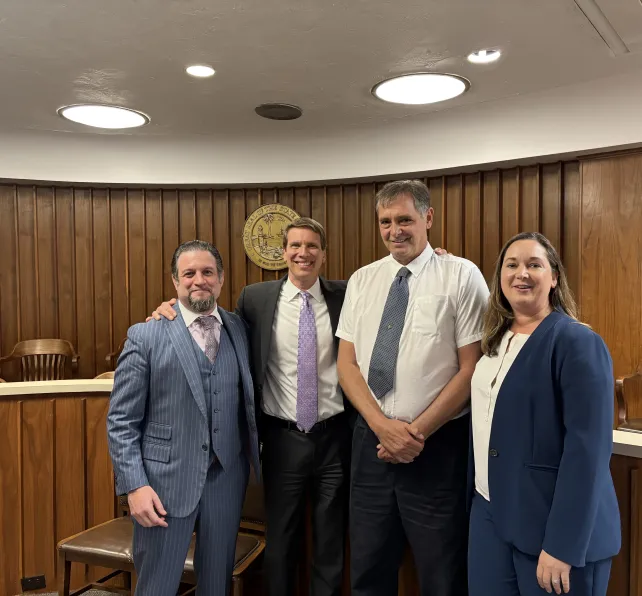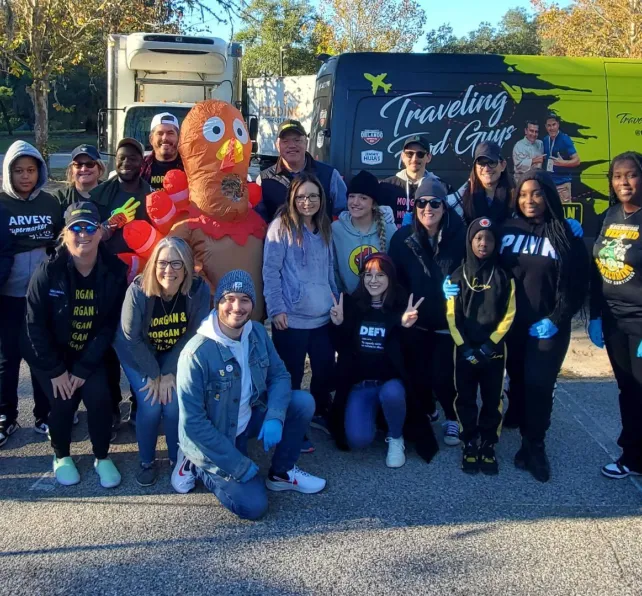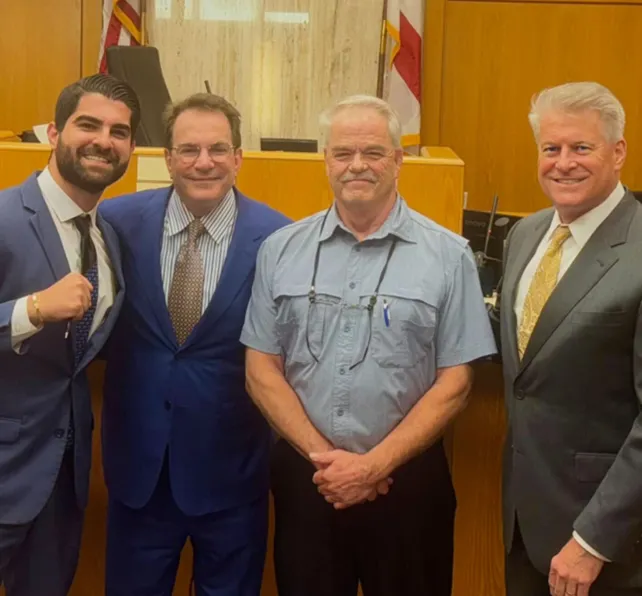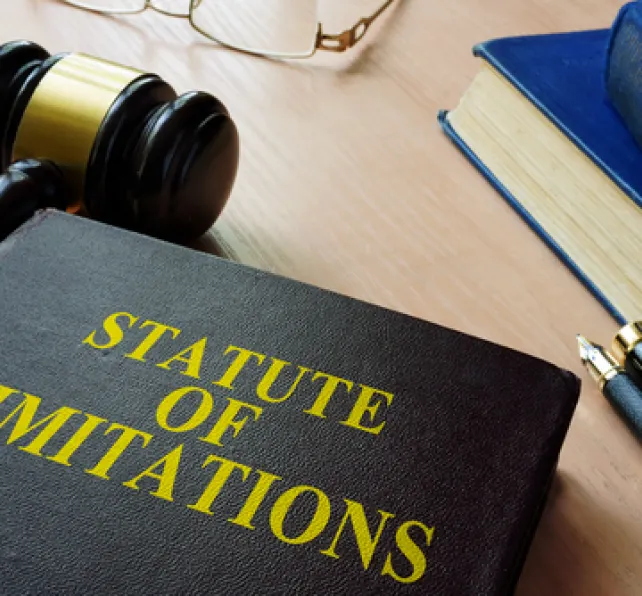Results may vary depending on your particular facts and legal circumstances. The attorney featured above is licensed in Florida. For a full list of attorneys in your state please visit our attorney page.
FLORIDA LABOR AND EMPLOYMENT LAWYER
If you've been underpaid, misclassified, or denied overtime, we fight wage & hour theft to recover the compensation you’ve earned and hold employers accountable.
Results may vary depending on your particular facts and legal circumstances. The attorney featured above is licensed in Florida. For a full list of attorneys in your state please visit our attorney page.
Florida Labor Laws
The labor and employment lawyers in Morgan & Morgan’s Florida offices are experienced filing lawsuits based on both federal and state laws. We represent workers in all types of cases, including unpaid wages, workplace discrimination, sexual harassment, and wrongful termination. In addition, we also handle cases involving family and emergency leave, defamation of character, employer retaliation, and the employment rights of veterans returning from active duty.
If you believe your employer has subjected you to wage theft, wrongfully denied you benefits, retaliated against you, or violated any of your other employee rights, you may be owed compensation. Fill out our free case review form to see if one of our Florida offices can help you. Hiring us costs nothing upfront, and we get paid only if you win.
150,000+ Five Star Reviews
The reasons why clients trust Morgan & Morgan.
Results may vary depending on your particular facts and legal circumstances. Based on select nationwide reviews.
Our Results
How It Works
Unsure what to do next? With 35 years of experience, our personal
injury lawyers will guide you every step of the way.
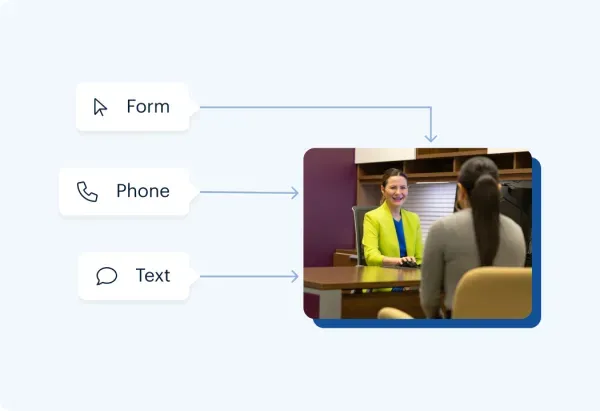
Contact Us 24/7 - It’s Free
Start your claim
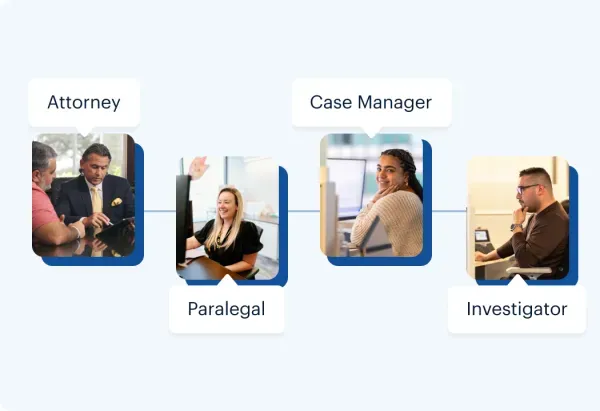
Meet your dedicated attorney
Meet the attorneys
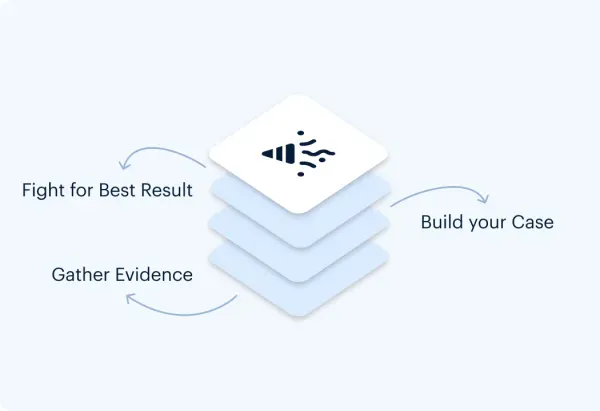
We fight for more
Learn more about the case process
Results may vary depending on your particular facts and legal circumstances. The attorneys shown in these photos may not be licensed in your state. To find an attorney licensed in your area, please visit our attorney page.
Local Care
Backed by America’s Largest Injury Law Firm.
$30 Billion
Recovered for clients
nationwide700,000+
Clients and families
served1,000+
Attorneys across
the country1
Click may change your life
The attorney featured above is licensed in Florida. For a full list of attorneys in your state please visit our attorney page.
Results may vary depending on your particular facts and legal circumstances.
In the Community
Discover the local Morgan & Morgan experience with news, events, and partnerships.
Learn More
Injured and not sure what to do next?
We'll guide you through everything you need to know.
Wage & Hour Violations
Both the state of Florida and the federal government have laws in place to ensure that employees are properly paid for their work. The bulk of these laws fall under the following categories:
- Minimum Wage: In Florida, as of January 1, 2020, the minimum wage is $8.56 per hour for non-tipped workers and $5.54 per hour for tipped workers. These numbers go up slightly every year to meet the increased cost of living in the state.
- Breaks: Unless an employee is under the age of 18, there are no state laws guaranteeing breaks (for lunch, for example). That said, if an employer does choose to grant their employee a short break of 20 minutes or less, federal law requires that this break be paid. If the break is 30 minutes or more, or considered a meal break as opposed to coffee, snack, or bathroom break, it does not have to be paid.
- Overtime: Thanks to the Fair Labor Standards Act (FLSA), many employees nationwide are entitled to 1.5x their normal pay (aka “time and a half”) for hours exceeding 40 per week.
- Emergency Leave: The Family and Medical Leave Act (FMLA) requires most employers to provide 12 weeks of unpaid leave to employees who have given birth to or adopted a child, who have a serious medical condition, or who are caring for a family member with a medical condition. Additionally, Florida law requires larger employers to provide up to three days of unpaid leave to victims of domestic violence.
- Unpaid Wages: Many employers misclassify their employees as independent contractors, deny them overtime pay, force them to pool tips, and take other unlawful actions to avoid paying them the money they are owed. These employees may be able to pursue legal action to recover these damages.
Workplace Discrimination
Federal law prohibits workplace discrimination based on the following characteristics:
- Race
- Color
- Country of origin
- Sex
- Age
- Disability
- Religion
- Genetic information
- Parental status
Discrimination can take many forms, including these examples:
- Refusing to hire an employee based on one of the traits listed above
- Passing them over for a promotion or raise
- Denying them equal pay, aid, or benefits
- Giving them an inferior job title than someone else in their position would receive
- Excluding them from serving on boards or committees
- Firing them
To learn more about workplace discrimination, see our Discrimination & Harassment page.
Workplace Harassment/Hostile Work Environment
When workers are subjected to unwelcome actions or comments based on protected traits such as sex, race, religion, or age, it may constitute workplace harassment. These instances may include:
- Unnecessary touching/unwanted physical contact
- Telling sexual, obscene, or crude jokes or stories
- Remarking on a coworker’s appearance
- Using racial, sexual, or religious slurs
- Disparaging an employee’s religious beliefs
- Commenting on a coworker’s sexual orientation
Workplace harassment can also take the form of quid pro quo (“this for that”) harassment, in which a superior suggests or says that an employee will receive a bonus, raise, or promotion in exchange for satisfying a sexual demand. Quid pro quo harassment also occurs if a person’s employment status hinges on complying with the demand.
Wrongful Termination
Florida is an at-will state, which means an employer can fire an employee for any reason. That said, there are federal laws that still protect Florida workers under some circumstances:
- They can’t be fired because of the protected traits outlined in the Workplace Discrimination section of this page (age, sex, religion, etc.).
- They can’t be fired for reporting or objecting to workplace discrimination, or for refusing to participate in it.
- They can’t be fired for filing a workers’ compensation claim.
- They can’t be fired for objecting to unpaid wages.
- They can’t be fired for taking leave they’re entitled to under the FMLA.
- They can’t be fired because they are pregnant.
- They can’t be fired if their contract says they can only be terminated for cause, and there was no cause. (In this case, they are owed the money from the rest of their contract.)
Veterans Rights
The Uniformed Services Employment and Reemployment Rights Act (USERRA) protects the employment rights of current and former members of the U.S. Armed Forces. It forbids employers from discriminating against current or former military personnel with regard to hiring, firing, re-employment, promotion, or benefits. USERRA also protects disabled veterans by requiring employers to make reasonable efforts to accommodate a veteran’s disability.
How Morgan & Morgan Can Help
Our attorneys work tirelessly to protect victims of workplace rights violations. We file more of these types of lawsuits than any other firm in the country, because we fight For The People, not the powerful. Over the past 30+ years, we’ve recovered more than $30 billion for clients from all of our practice areas.
If you suspect that your workplace rights have been violated, please complete our case review form for a free, no-obligation evaluation from our experienced Florida employment attorneys. These cases are time-sensitive, so don’t wait. Contact us today.




























